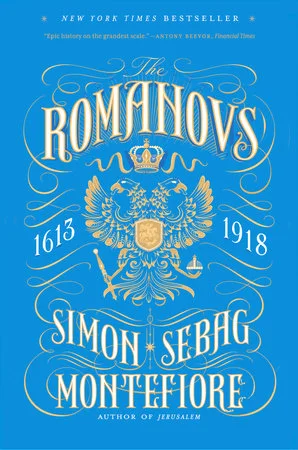The idea of a tornado on the ground in Grain Valley was weird — usually they're to the south. But in my head, a tornado on the ground was like the EF-0 tornado that had come through in 2014: a few trees down, roof damage, maybe a little bit of structural damage. Don asked me what work would be like for me the next day, and I shrugged, saying it might be changing.
The power went out, so we entertained Josey the kitten with our phones, and talked, sitting on folding chairs in the unfinished sub-basement. Hallie disputes this, but at one point Don and I heard a noise and looked at each other. It was louder and deeper than a normal gust of wind, and had almost a churning quality to it. We only heard it for a second, then it was gone.
We stayed in the basement for a long time, hoping for the power to come back on. I think we charged the phones a little in the cars, but mine was trapped in the garage and we couldn't get the release to let it go. A steady parade of cars was going around Hallie and Don's neighborhood, which doesn't usually see traffic.
Somewhere around this time, I came across a Tweet from one of the Kansas City news stations showing that a duplex had been destroyed in Oak Grove. I was shocked, and a little confused. I couldn't find any more information, and wasn't going to bother first responders as they dealt with the problem at night; the beauty of a weekly deadline was that it could wait until morning. So I got enough charge on my phone to last me the night, changed my shoes into some tennis shoes I luckily had in my trunk and set out to drive my sister's tin can car home.
That drive is going to be vivid in my memory forever. I was finally forced to consider the scope of the problem when I looked left down Broadway and saw flashing lights everywhere. The entire town was out of power, and as I got on the interstate, it was empty, even though it was only 10 p.m. Along the highway, everything was dark, through Oak Grove, Bates City and on to Odessa. Businesses were dark, billboards were dark. I passed one business that was clearly on a generator, the brightest thing around. Once I got into Odessa, the Bank of Odessa was lit up as well, blindingly white against the dark town. My parents didn't know much, only that the tornado had hit Oak Grove.
The not so beautiful aspect of a weekly deadline is, it's there. And for the Focus on Oak Grove, it's Tuesday night, and the one for The Odessan follows on Wednesday at noon. I knew going to bed that night that whatever happened, I had to have it early, and the rest of what I needed to get done would have to get done around it.
Tuesday morning I woke up early and got ready quickly, unable to see much to worry about my appearance in the dark. The news started making its way to me: at least one neighborhood in Oak Grove was essentially gone.
I started in Odessa, checking in with city officials. A house had been knocked down, a giant tree was in another, a hundred people had gone to the wrong church for shelter and that church had been damaged but everyone was fine but it was still not great. The electric and water plants had taken a direct hit, and the intricacies of who supplies our power (KCPL) through what service (MPUA) meant that while they had been working all night, there still wasn't power. Without power, the city couldn't treat water, but hopefully that wouldn't become a problem. With nothing else to do, one of our employees grabbed a camera and started taking pictures. I got a call from Hallie: they had power. So I started up the tin can and headed back to Oak Grove.
I charged my phone and laptop in their house, it became my office for the morning. The first person I got ahold of was the Sni Valley fire chief, Carl Scarborough, who walked me through what they knew about the damage: hundreds of homes in the fire district, which includes Oak Grove, Bates City and the rural area in between, were destroyed. There were injuries, but nothing life threatening. Though he had been talking to news stations all morning, I think I was the first to ask for his personal narrative of the storm. He's the only person I've spoken to since who claims to have seen it, as he drove parallel to it on the highway as he returned from a child in his family's birthday party, reaching the fire station just as it took out the power.
Hallie and Don arrived back from breakfast (school had obviously been cancelled in both Oak Grove and Odessa, where Don teaches), bringing me a mocha that kept me going. After finishing it I went on to City Hall. In the driveway, back in my own car, I got a call on my cell phone. Congressman Emanuel Cleaver would be coming to both towns the next day. I said I'd likely only make the Odessa stop, because first I'd have to get past our deadline.
I had never seen the Oak Grove City Hall so busy, and what struck me immediately is that people I have only seen in suits were dressed down. Younger aldermen were out in the hallways, having been out to help. Already in the zone for the better part of the morning, I started asking questions, but one of my go-tos, usually on the ball with everything was absolutely dazed. I gave her a hug, and it started to become real to me: their hometown was wrecked.
I instead started asking Tim Mathes, the assistant city administrator, questions, and he immediately asked if I'd seen it yet. I said I hadn't, I had planned to ask the police to escort me after I left City Hall. He told me to go with him, and so I set out to see the damage.





























































